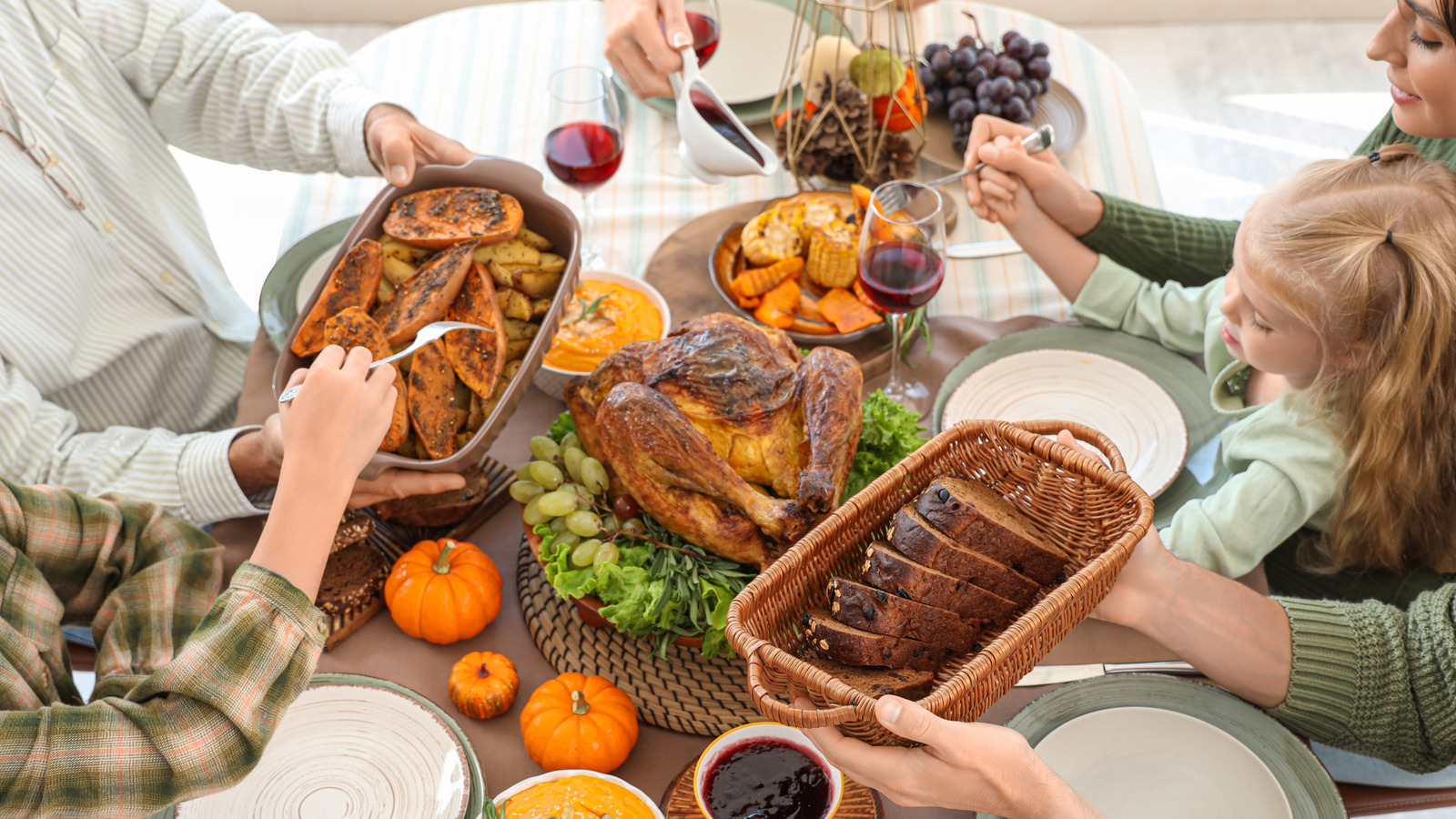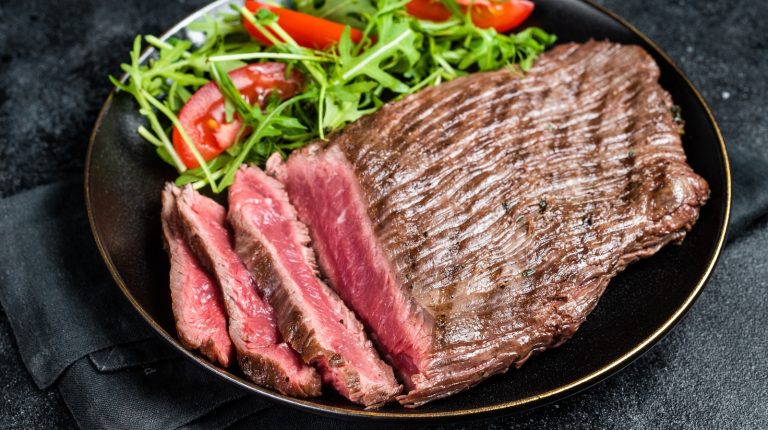Depending on the region, we all have different terminology and expressions, like those who order pop rather than soda in the South or ask for the clicker rather than the remote. Supper seems like a thing of the past or just another regional difference in linguistics but, traditionally, it meant something slightly different than dinner. The meanings of these words have evolved over the years, but in a nutshell, supper is lighter and casual, whereas dinner is more formal and structured.
Merriam-Webster has provided some clarity, confirming dinner as “the principal meal of the day.” Supper’s definition is a bit looser, revolving around a smaller meal later in the evening. The common church supper also enforced the narrative that supper was a social affair, typically post-dinner. While the traditions and logistics of mealtimes have changed dramatically over the years, slowly shifting into eating in front of the TV, the terminology has been passed down from family to family. The northern U.S. doesn’t hear the term supper much anymore, but it’s still alive in the South and Midwest, generally in reference to a meal shared around the table. The two words may seem interchangeable now, but they once revolved around social structure and hours of sunlight.
Meals that aren’t just about the food
The word dinner traces back to the Old French “disner” meaning breakfast, or more specifically to break one’s fast. While today it’s defined as the heartiest meal of the day, it wasn’t always assumed to be the first. From the Middle Ages onwards, dinner was a big feast enjoyed when the sun was still out. Given the lack of electricity, putting together a substantial spread was only possible in the afternoon. That standard carried into the 17th century, particularly in rural and farming communities where laborers who set out at dawn needed to fuel up with a hearty meal mid-day. Today, the typical working day is 9-5, and employees can rarely fit a feast into their 20-minute lunch break. This is what ultimately pushed dinner back a few hours, and then we squeezed lunch into its place.
Supper, also with Old French origins, is derived from the word “soupper,” translating to evening meal. This term always alluded to a more intimate and informal setting, referring to a relaxed meal shared amongst family after a long day. When eating the heaviest dish at noon, hunger is bound to strike again before bed. What defined supper varied across regions and social classes, ranging from simple soups to crudités (which differs from charcuterie). Regardless of what was on the table, supper was historically the one time families could gather and swap stories.





